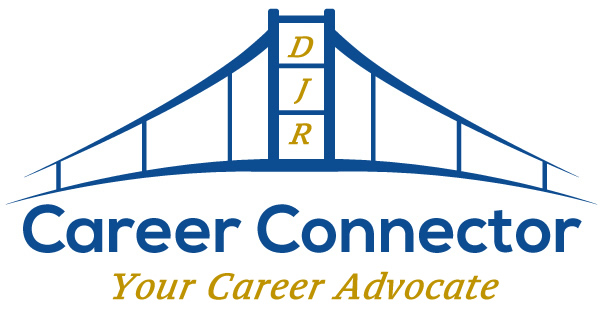(Part 1 of a 3-Part Mini-Series on Making Professional Connections)
Whether you’re just starting your career, in transition, or want to grow your network, engaging with the right professional organization allows you to exponentially expand your connections and creates a distinct competitive advantage. In this 3-part series, we’ll explore why it’s essential, how to find the right fit, and how to take advantage of their resources to achieve your professional goals.
I agree with award-winning career development specialist, Jim Peacock, in his article, Never forget, your career development is all “personal”. Career/professional development IS PERSONAL…building relationships, connecting with like-minded colleagues, as well as that all-important factor…communication! Read more.
Often, I hear recent college graduates, as well as experienced professionals, say, “I miss having the social and professional development opportunities I had while on campus.” Guess what? You still may in the form of Professional Memberships, Alumni Groups, Professional Networking groups, Non-Profit organizations, and more.
Here are seven compelling reasons to join a professional organization:
#1. Invest in You
Think in terms of life-span career development, i.e., change your mindset. The world of work, as we know it continues to change at a rapid pace; therefore, we must invest in ourselves to keep up with industry changes.
#2. Adapt to Change
Connecting with these organizations enables us to adapt our career plans more effectively, as needed. According to the National Career Development Association (Industry 4.0 Could Create Millions of New Jobs, February 2019), by 2030, the labor market could include 8-9% totally new occupations. This new growth will exponentially increase workplace transformations.
#3. Streamline Your Growth
Professional Development, additional Certifications or Licensure, is less time consuming as well as more cost-friendly than going back to earn another college degree. These organizations make it easier to grow our professional connections by building a rapport, as well as relationships within our occupations.
#4. Leverage Technology
Professional Organizations allow for in-person and almost constant online contact /communication. Whether by webinars, conferences, seminars, or social events, opportunities abound to fit your personality and schedule.
#5. Move Past the Clutter
Think of these organizations as structured methods of connecting that will allow for career growth within specific industry guidelines. We are all busy, so sorting through the maze of news and best practices can be overwhelming. Active organizations filter out the clutter so you can efficiently stay informed.
#6. Build Your Skills
Adding professional memberships to your resume shows a future employer that you are a dedicated and motivated employee. Whether or not you need to earn continuing education credits or some level of certification, building your skills expands your resume. It shows that you’re serious about your career, and employers love it. That’s why there’s an entire section devoted to this on your LinkedIn profile.
#7. Connect. Maintain. Expand
Socializing with like-minded professionals is not only a powerful professional tool, but it also feeds a basic human need to connect and belong. Relationship building does not have to be time-consuming. Peacock compares this to a “dripping faucet,” one drop or person at a time, and before you realize it, the number of your professional connections will expand to meet your career goals/needs.
Stay connected with me for the 2nd part in this series – how to find the right fit in a professional organization.
Debra Ruddell, MS, CCC, GCDF, is an accomplished career consultant specializing in helping you find a career path that fits your skills, abilities, knowledge, and goals. Debra helps simplify and streamline your career transition/job search with proven, tangible methods. Email Debra at debra@djrcareerconnector.com.
